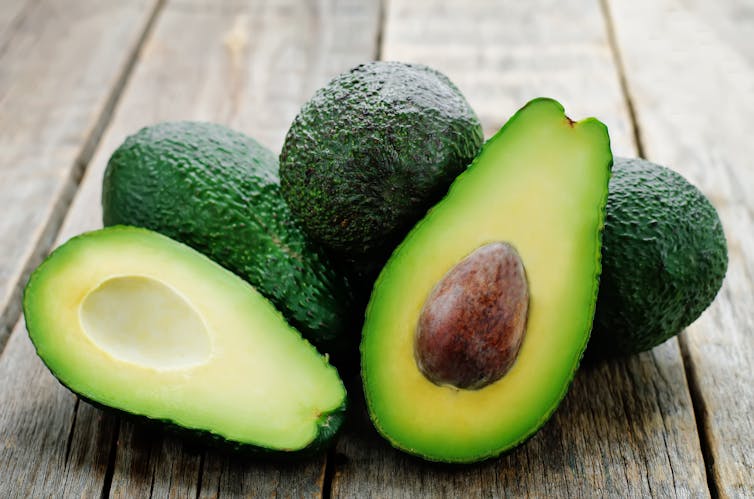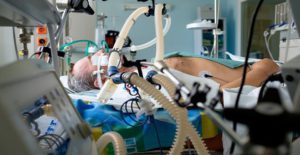Written by Julian Savulescu
Hypothetical Case 1: Enzyme Replacement Therapy for Gaucher’s Disease
Consider a hypothetical version of a real life disease, Gaucher’s Disease. Gaucher’s disease is an inherited disorder caused by a genetic mutation. The mutation means an enzyme– glucocerebrosidase — is not produced. A a result, glucerebrosides (fats) build up, damaging cells. This can cause bone fractures, liver enlargement, and bleeding but most importantly, brain damage. Once this has occurred it is irreversible.
Enzyme Replacement Therapy (ERT) is now available and for the purposes of this hypothetical case, the treatment offered, if given from the moment of birth, will prevent all damage (in real life current enzyme replacement treatments do prevent most symptoms, but do not affect nervous system involvement).
In our hypothetical case, a child is born to parents known to carry the mutation for Gaucher’s Disease, and prenatal testing has already confirmed that the baby is affected. ERT must be started at birth in order to prevent brain and other damage. However, the parents are Christian Scientists and refuse medical treatment. They believe prayer can cure their child’s condition.
Doctors are concerned the missing enzyme needs to be replaced before the child’s brain is damaged. They take the case to court where judges agree that therapy is in the child’s best interests.
Read More »Should Gene Editing Be Compulsory?


